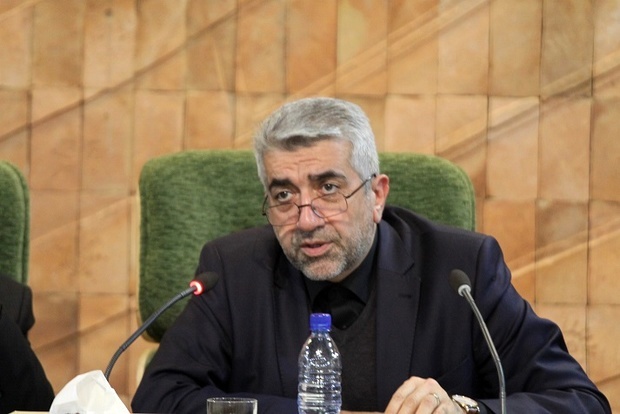
Iran Energy Minister Welcomes IRGC’s Cooperation in Cloud Seeding

Speaking on the sidelines of a meeting with governors of Iranian provinces, he
told journalists that the cloud seeding plan has been on the agenda since 20
years ago, adding that the needed equipment must be refurbished.
The energy ministry is thus trying to upgrade the seeding equipment, he noted,
according to a Farsi report by the Fars News Agency.
Earlier, Commander of the IRGC Aerospace Force Amir Ali Hajizadeh had announced
that the IRGC is ready to cooperate in the project to seed clouds.
The remarks came after frequent droughts and low rainfall in Iran over the past
autumn forced the administration to opt for cloud seeding in the hope of
squeezing more precipitation out of the atmosphere.
Cloud seeding originated in the US in the 1940s. The method generally used in
the winter involves ground-based generators set at high elevations that are
literally fired up to release plumes containing silver iodide crystals into
storm clouds. When water vapor or droplets attach to the silver iodide crystal,
latent heat is also released, and it increases cloud size and the duration of
storms.
Global warming has forced many arid and semi-arid areas around the world,
including Iran, to suffer from drought.
Elsewhere in his Monday remarks, the energy minister said "we are ready to
develop renewable energy and purchase electricity from the private sector.”
"In addition to supplying domestic needs, we are going to export electricity to
the neighbouring countries, including Afghanistan, through connected networks,
by purchasing power based on the current contracts.”
Ardakanian further referred to the issue of water as an area in which Iran can
develop its relations and cooperation with its neighbours, especially
Afghanistan and Turkey.
"At the moment, we are exchanging electricity with Pakistan, Armenia,
Azerbaijan, Turkey and Iraq. We are also planning to connect [Iran’s power
network] to Europe’s electricity grid. Such a move would create a large capacity
for the country’s electricity grid,” he added.
SOURCE: IFP news















